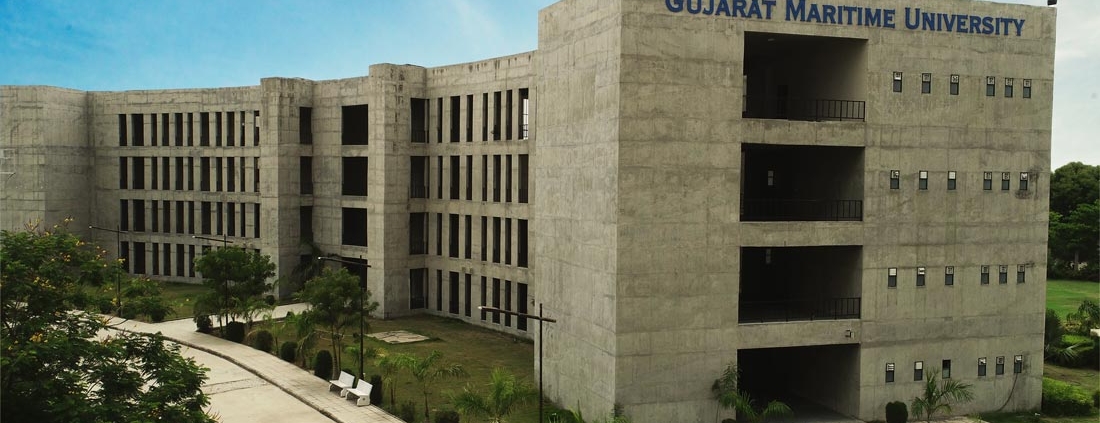How India’s Maritime Vision 2030 Is Creating Demand For Legal Experts!
Here’s a series of questions that most people –
Is India’s port sector just about ships and cargo? What role do lawyers play in maritime infrastructure? What is the legal field now a critical part of India’s maritime growth?
These aren’t just questions for policy analysts. At the centre of this transformation lies in the Maritime India Vision (MIV 2030) – a comprehensive national policy that’s doing more than modernizing ports. It’s quietly reshaping legal education and creating demand for maritime legal experts across public and private sectors. If you are considering pursuing LLM in maritime law – the time is to act now!
Why are maritime lawyers crucial to the vision?
With over INR 10 Lakh crore in investments planned, the legal side of port development is booming. Legal professionals are needed to –
- Draft and review PPP agreements
- Navigate Indian port law and port regulatory changes
- Interpret Cabotage Rules in India and guide foreign shipping lines
- Ensure Maritime Legal Compliance with international norms like MARPOL and SOLAS
What’s more, lawyers are playing key roles in dispute resolution, arbitration, environmental compliance, and port privatization advisory.
And this is just the beginning…
Which areas are creating new legal opportunities?
You will notice a sharp rise in demand for experts in these high-growth legal niches –
- Private Port Development: Managing the legalities of PPP, SEZ, and land acquisition
- Marine Environmental Law: Ensuring ESG compliance under Blue Economy guidelines
- Cabotage Law Reforms: Helping foreign and Indian shippers adapt to evolving domestic trade policies
- Maritime Labor Law: Aligning with MLC 2006 and Indian labor standards
- Admiralty and Shipping Dispute Resolution: Arbitration, salvage claims, and accident liability
Here’s where it gets interesting – law schools offering a specialized LLM in maritime law in India are now tailoring their curriculum to match these needs.
Why should you think of specialising now?
The strategic integration of legal frameworks into India’s port infrastructure is creating a once-in-a-generation career window. With more Indian ports adopting international legal standards, trained maritime lawyers are being placed not just in India, but across shipping lanes from the Middle East to Southeast Asia.
Will India’s legal system be ready to handle the complexities of cross-border maritime disputes and high-value contract enforcement? Only the next wave of maritime legal professionals – possibly you – can answer that!
What is the real value of LLM in maritime law?
If you are pursuing an LLM in maritime law, you’re not just studying statutes, you are positioning yourself in a market that’s forecast to add thousands of jobs in marine trade, infrastructure and environmental law.
Students opting for LLM in maritime law in India gain exposure to –
- Real world case studies on port concession agreements
- Legal aspects of shipping finance and marine insurance
- International conventions on pollution, safety, liability
- Cross – border trade, logistics contracts, and dispute resolution
There’s more to it – legal experts who understand both maritime policy and international trade finance. This could very well define the next wave of legal definition in India.
Your next step!
For those of you who are aiming to build a future in the maritime industry, now is the time to explore facets like –
- Advanced programs like LLM in maritime law
- Courses that dive into Sagarmala legal aspects
- Training on maritime legal compliance and regulatory advisory
- Industry focused research projects on Cabotage Rules India and blue economy litigation
Legal minds are no longer just interpreting maritime law—they’re helping shape it. Your opportunity isn’t just to follow policy—but to lead it.



Leave a Reply
Want to join the discussion?Feel free to contribute!